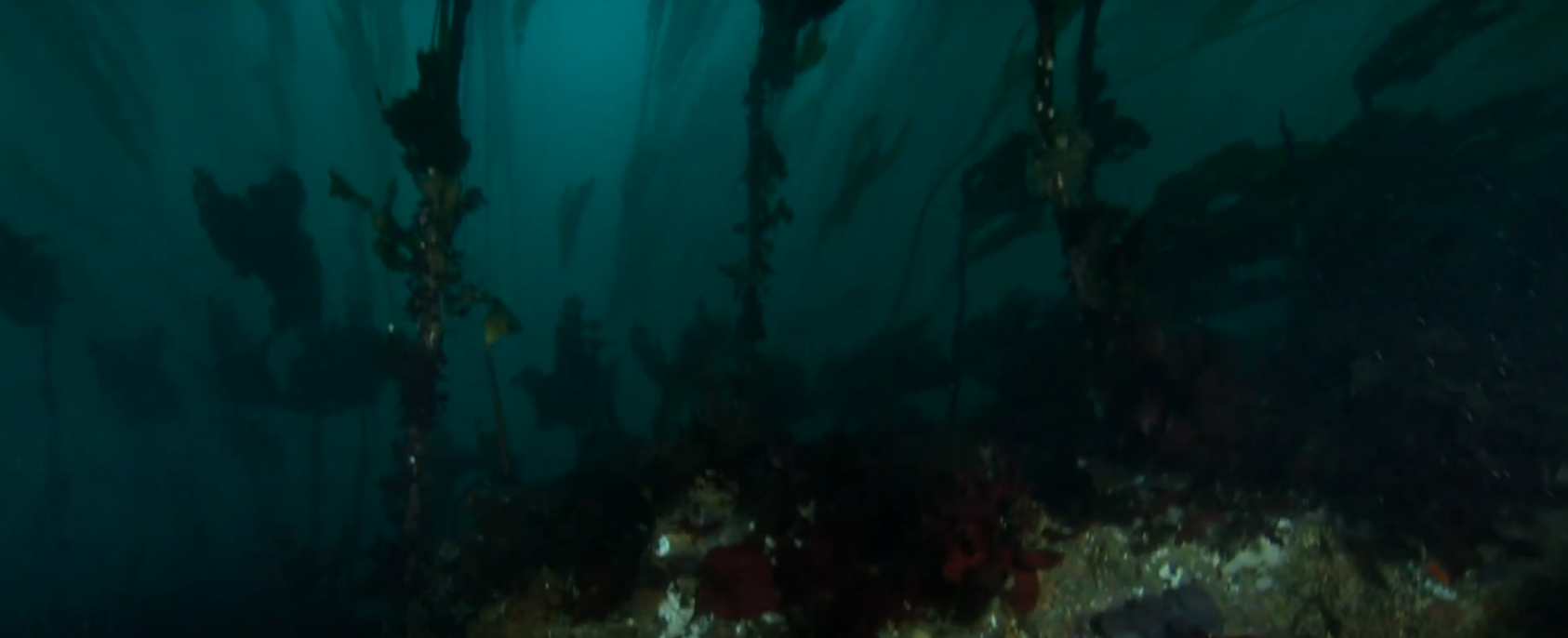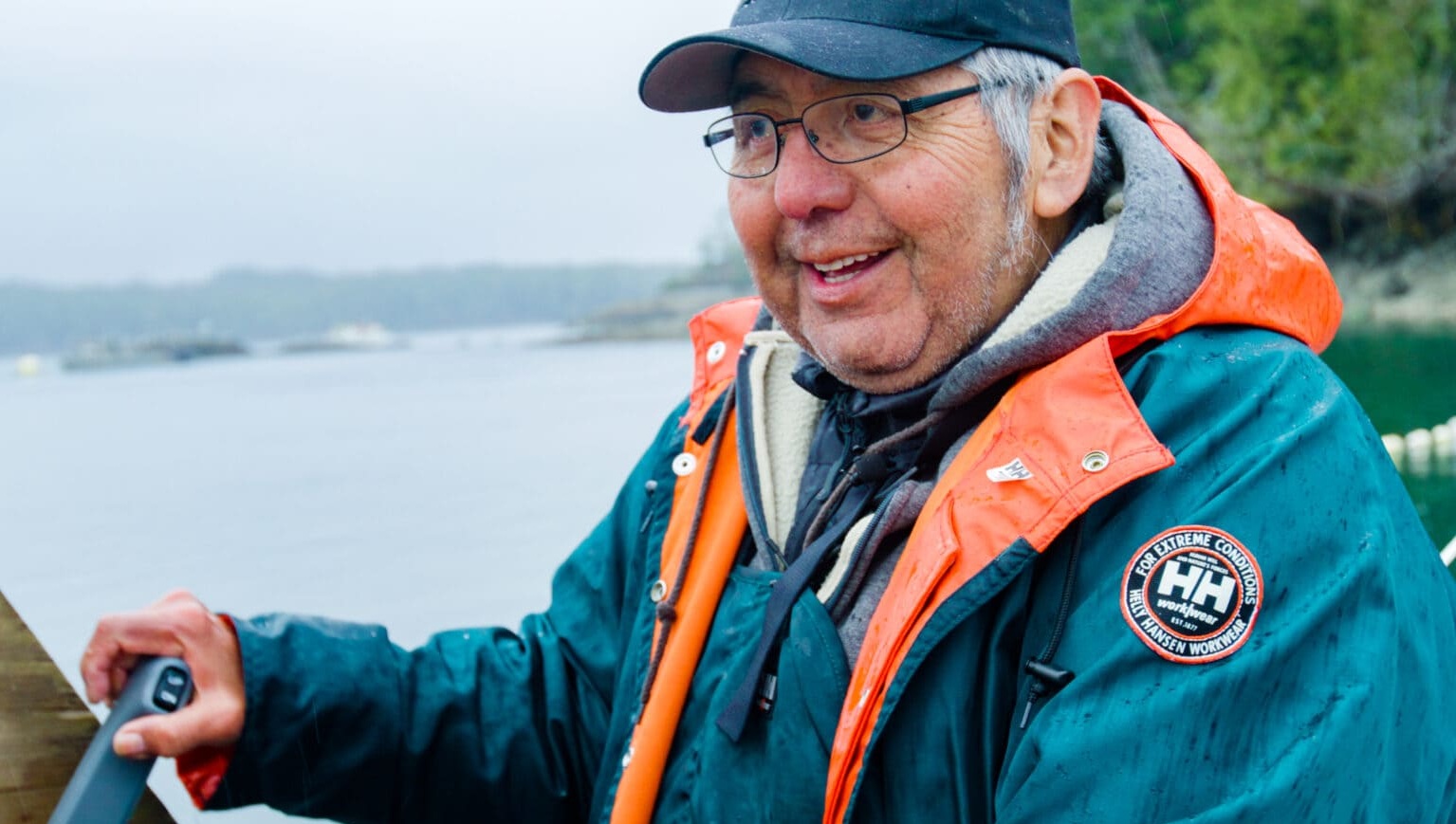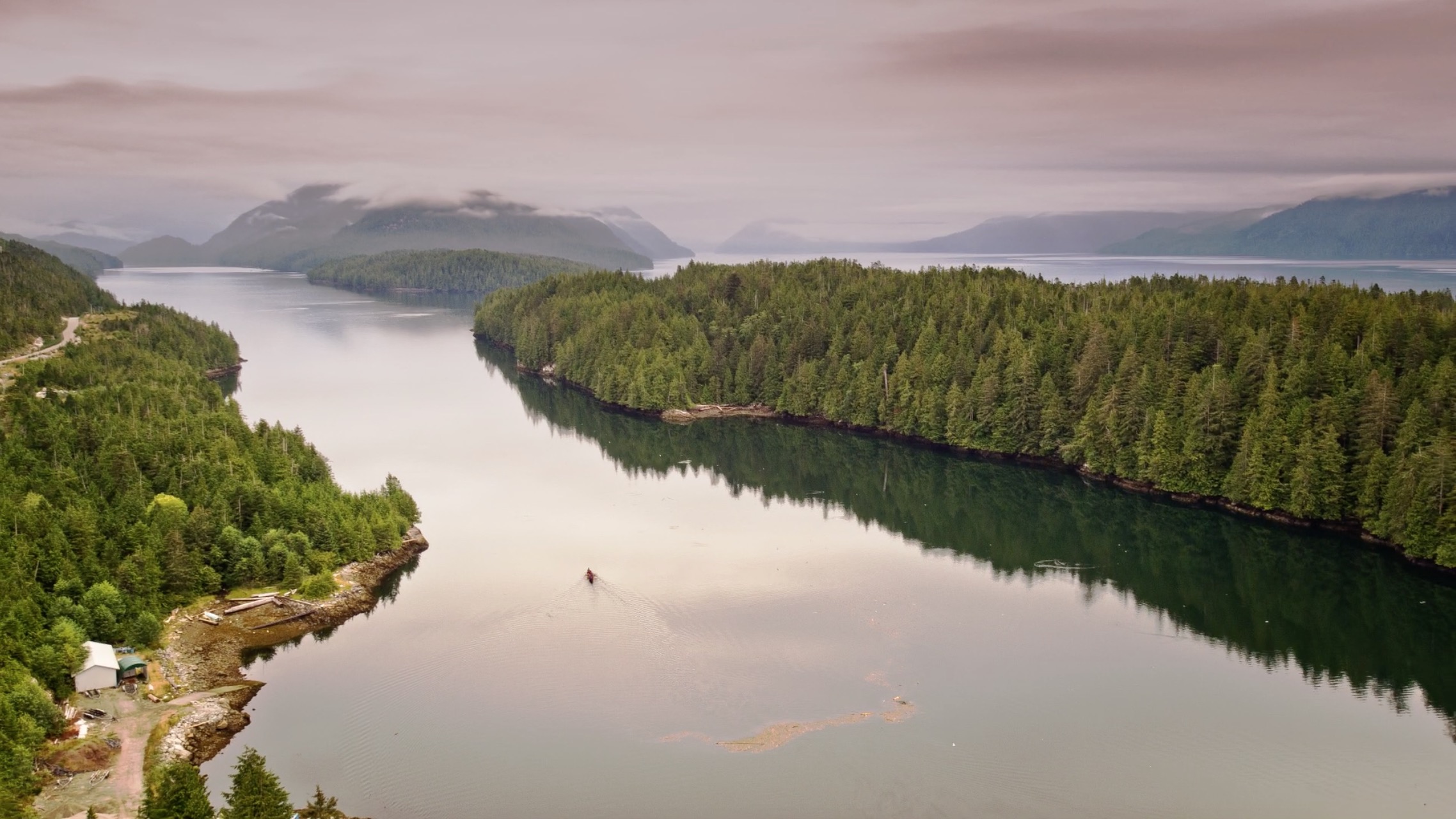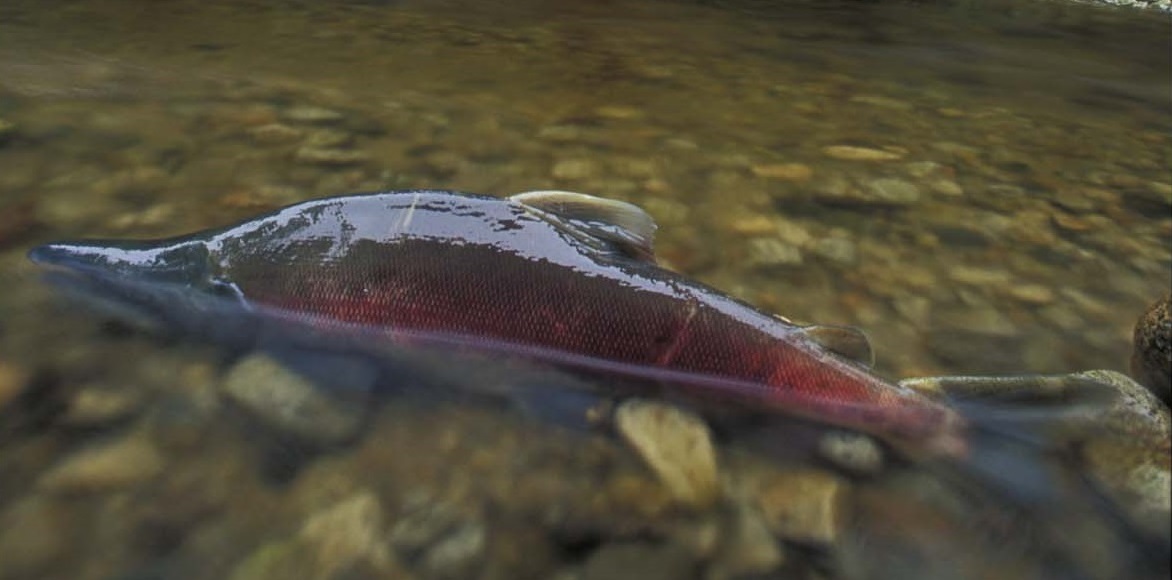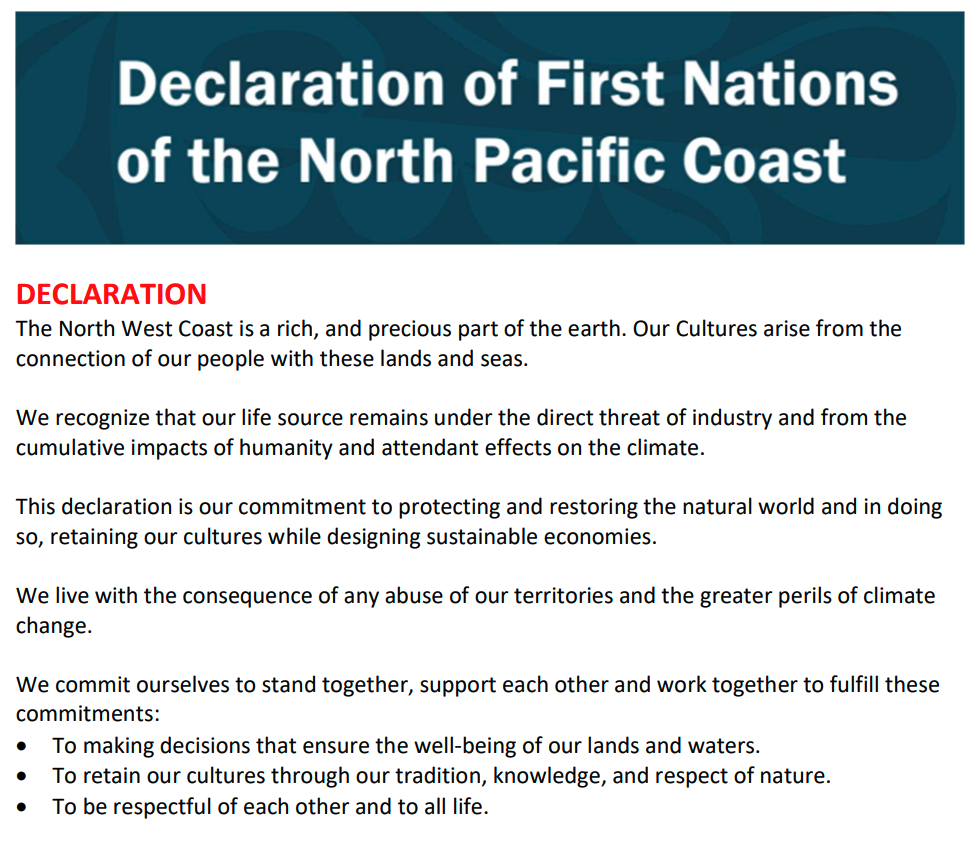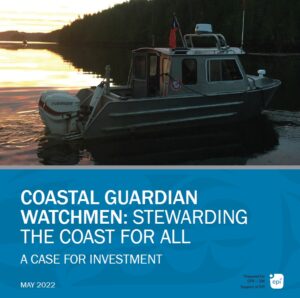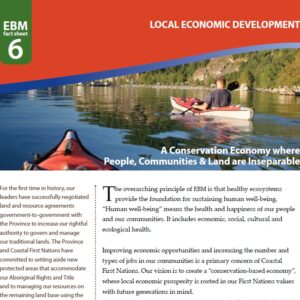Fisheries Reconciliation
Overview
Marine species have supported First Nations of the North Pacific Coast for millennia; they are the essential ingredient in maintaining our cultures, food security and sustainable economies.
Through the Fisheries Resources Reconciliation Agreement (FRRA), finalized in 2021, CFN member Nations began a process with Canada to ensure collaborative governance of fisheries resources. This includes the creation of the Coastal Nations Fisheries Limited Partnership to support growing access to all commercial fisheries in the region, and Community Based Fisheries to enable greater community participation in small-scale commercial fisheries.
To advance the collaborative governance dimension of the agreement, CFN’s Fisheries team is supporting Nations in building capacity to collaboratively govern and manage local fisheries. In implementing the FRRA, CFN provides ongoing support for the Bio-Regional Management Council, Joint Executive Committee, and various sub-committees working together to implement the agreement.
preserving the Coastal Food Web
Watch The VideoRebuilding Our Fisheries Economy
In 2016, the Great Bear Rainforest Agreements led to the protection of 85 percent of the rainforest and a co-governance framework that will preserve healthy ecosystems and a diverse sustainable economy. Today, CFN member Nations are using this same globally successful model for our coastal waters, and creating a reconciliation process with Canada to establish shared decision-making and co-governance on ocean management.
The FRRA upholds First Nations’ priority access to food fisheries, while ensuring greater access to commercial fisheries and an increased say in how fisheries are managed. It aims to stimulate the coastal economy, create new jobs, and restore a livelihood in commercial fishing that has long been a major source of income in our communities.
Beyond the economic benefits, fisheries management through the FRRA has the potential to serve as a blueprint for improved resource-management efforts worldwide. Using an innovative approach that respects First Nations’ sovereignty and incorporates both science and ancestral knowledge, it has the ability to allow Nations to lead in restoring restore fisheries stocks, such as salmon, that are vital to our coastal communities.
“…the problem with fisheries management over the past century has been not just a matter of unsustainable extraction practices that have taken more from the sea than could ever be replenished. It’s also that decision-making power and control were taken from First Nations – the people with the most to lose if sustainability is overlooked.”
– Christine Smith-Martin, CEO, Coastal First Nations-Great Bear Initiative
Explore more stories:
Resources
CFN produces a wide range of reports, fact sheets and other publications. Check back regularly, as we will post new resources here.
